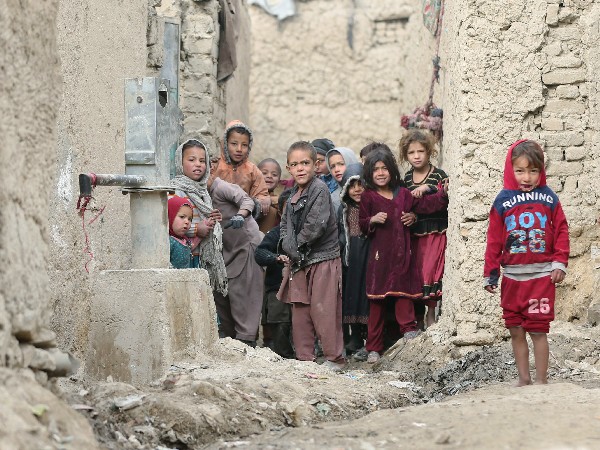

The United Nations International Children’s Emergency Fund (UNICEF) has decided to set-up the mobile educational classes for children who lost their family members to the devastating earthquakes of June that shook the southeastern provinces of Afghanistan.
According to Khaama Press, the humanitarian body has decided to set up 140 mobile classes for up to 4,000 children in the earthquake-affected provinces of Khost and Paktia, in the southeastern region of Afghanistan.
In a tweet on Sunday, UNICEF Afghanistan stated that these community-based classrooms in Khost province and Paktia province will allow 4,000 children, both boys, and girls an opportunity to learn, which they lost to the earthquake.
“The establishment of mobile classrooms will help boys and girls to learn and prevent the earthquake from being a barrier to education,” Khaama Press stated citing the UNICEF release.
The devastating earthquake that struck the southeastern parts of Afghanistan in June led to numerous children losing their fathers, mothers, and loved ones.
The disaster killed over a thousand people and many homeless people were left without a place to live because the earthquake was so powerful that many residential homes were destroyed, according to Khaama Press.
Previously in late August, the United Nations High Commissioner for Refugees (UNHCR) also announced that the construction of 2,300 “earthquake-resilient” houses for those impacted by earthquakes in Khost and Paktia provinces has started.
Earlier, on June 22, a 5.9-magnitude earthquake jolted parts of Afghanistan including the capital city Kabul killing over 1,000 people across Barmal and Giyan districts in Paktika province and Spera district in Khost province.
In addition, at least 1,455 people were injured across three of the six most-affected districts of Barmal, Giyan, and Spera – many of them seriously. Over 10,000 houses were destroyed.
The United Nations allocated USD 10 million from the UN Central Emergency Response Funds (UNCERF) to support the people of Afghanistan affected by the earthquake that struck the eastern part of the country.
Moreover, the European Commission also announced 1 million euros in humanitarian funding for an estimated 270,000 people living in the affected areas requiring emergency assistance.
Immediate humanitarian assistance was dispatched to affected areas on June 22, including 10 tons of medical supplies sufficient for 5,400 surgeries and medical treatments covering 36,000 people for three months by WHO.
India also handed over the consignments of relief assistance to support the Afghan nationals affected by the earthquake and deployed a technical team to the Embassy in Kabul to coordinate the efforts of stakeholders for the delivery of humanitarian aid.